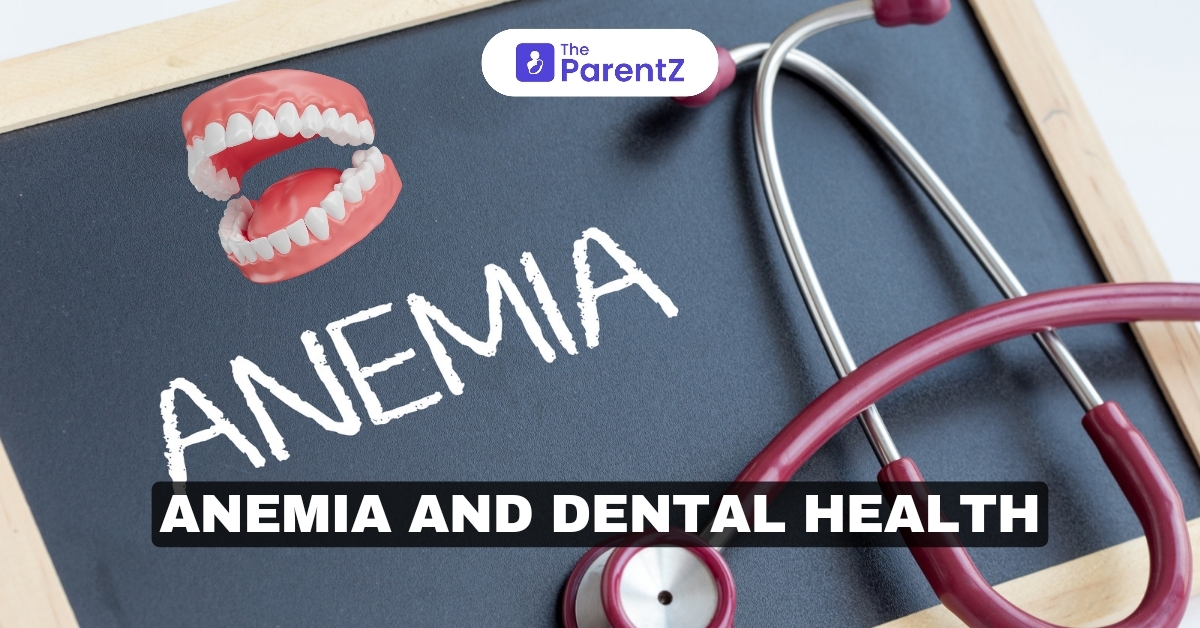Anemia is a condition that arises when the body doesn’t have enough red blood cells to carry adequate oxygen to its tissues. It can lead to a range of health issues, affecting energy levels, organ function, and even oral health. While many people associate anemia with fatigue or weakness, fewer are aware of its impact on dental health. This article explores the connection between anemia and oral health, highlighting key symptoms and preventive measures that can help patients manage the dental effects of this condition.
Dental Symptoms of Anemia
Anemia can manifest in various ways in the mouth. Some common oral signs include:
1. Pale Gums: Reduced red blood cells often cause the gums to lose their healthy pink color, making them appear pale.
2. Sore Tongue (Glossitis): Inflammation of the tongue, leading to a swollen, smooth, and sore tongue.
3. Mouth Ulcers: Painful sores can develop in the mouth, making eating and speaking uncomfortable.
4. Burning Sensation in the Mouth: Anemic patients may experience a burning feeling in their mouth or on the tongue.
5. Delayed Healing: The reduced oxygen supply can slow down the healing process, making it harder for oral sores or wounds to recover.
6. Dry Mouth: Anemia often causes a decrease in saliva production, resulting in a dry mouth, which can increase the risk of cavities.
How Anemia Affects Oral Health:
- Increased Risk of Infections: A weakened immune system, common in individuals with anemia, can increase the risk of oral infections, such as gum disease and candidiasis (oral thrush).
- Gum Disease: Since anemia affects the body's ability to heal, it can worsen gum diseases like gingivitis and periodontitis.
- Tooth Loss: Untreated gum disease and delayed healing can eventually lead to tooth loss, particularly in severe cases of anemia.
Preventive Dental Care for Anemic Patients:
Taking care of oral health is crucial for individuals with anemia to minimize its effects on the mouth. Here are some preventive measures:
1. Regular Dental Visits: Frequent check-ups can help catch any early signs of gum disease or infection.
2. Good Oral Hygiene: Brushing twice a day with a soft-bristled toothbrush and using fluoride toothpaste can help protect the teeth and gums.
3. Saliva Substitutes: For those suffering from dry mouth, using artificial saliva or drinking plenty of water can keep the mouth hydrated.
4. Iron-Rich Diet: Including iron-rich foods like spinach, red meat, and lentils can help improve anemia and reduce oral symptoms.
5. Supplements: Iron supplements prescribed by a doctor may be needed for individuals with iron-deficiency anemia to restore healthy red blood cell levels.
Conclusion
Anemia affects much more than energy levels and overall health; it has significant oral health implications as well. From pale gums to an increased risk of infections, understanding how anemia impacts dental health is vital for proper management. By maintaining regular dental visits, practicing good oral hygiene, and following preventive care measures, individuals with anemia can safeguard their oral health and prevent complications.








Be the first one to comment on this story.